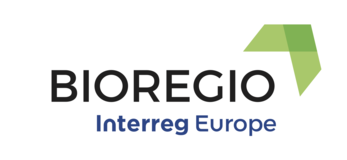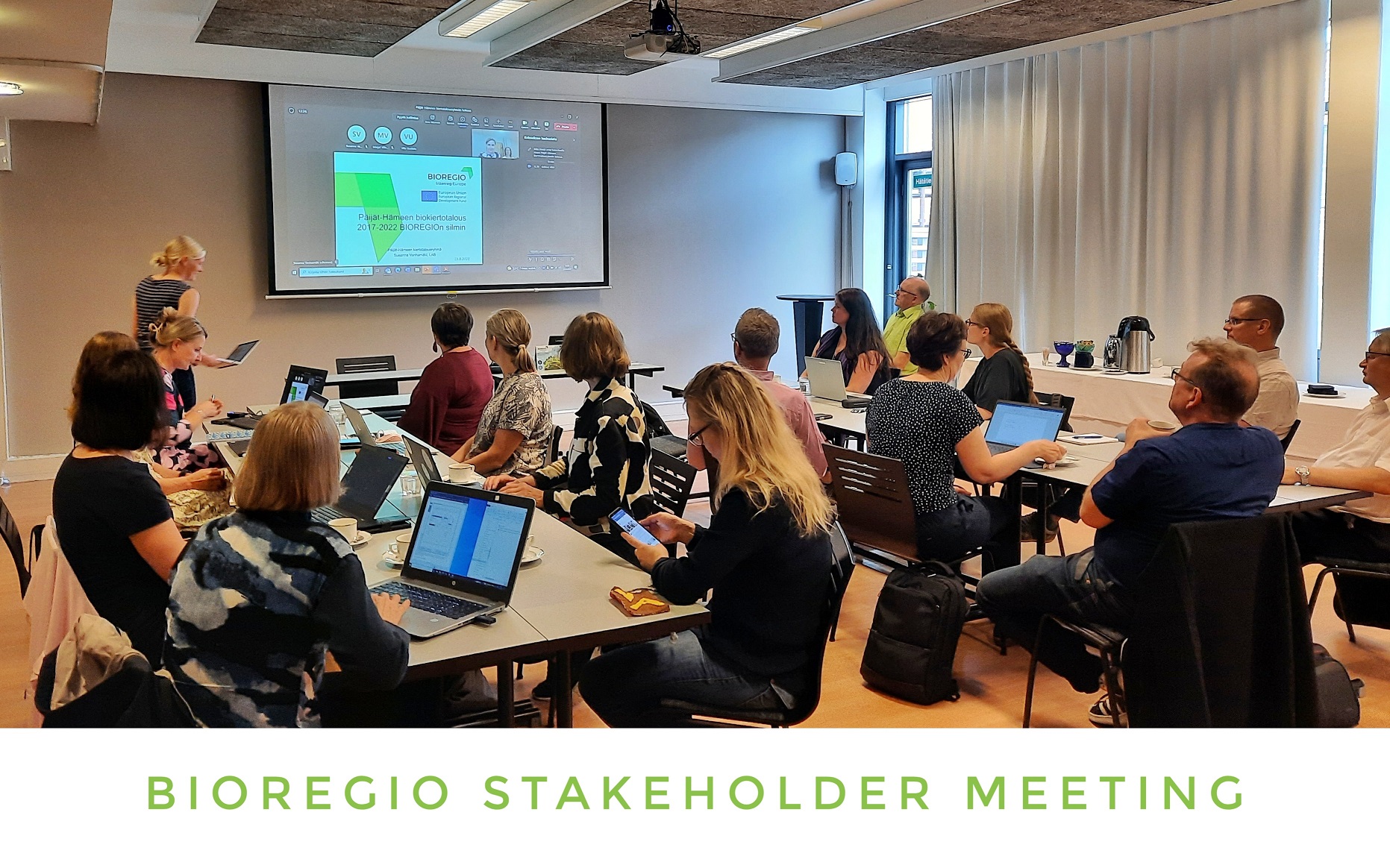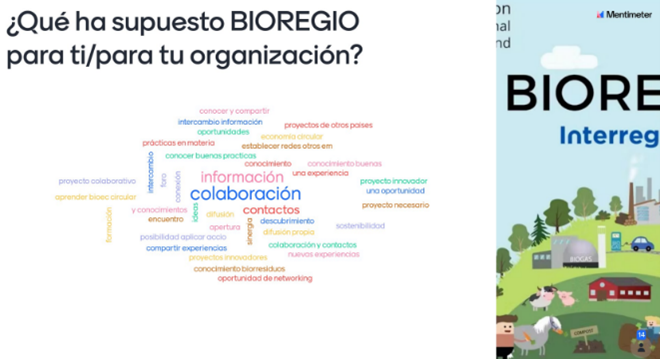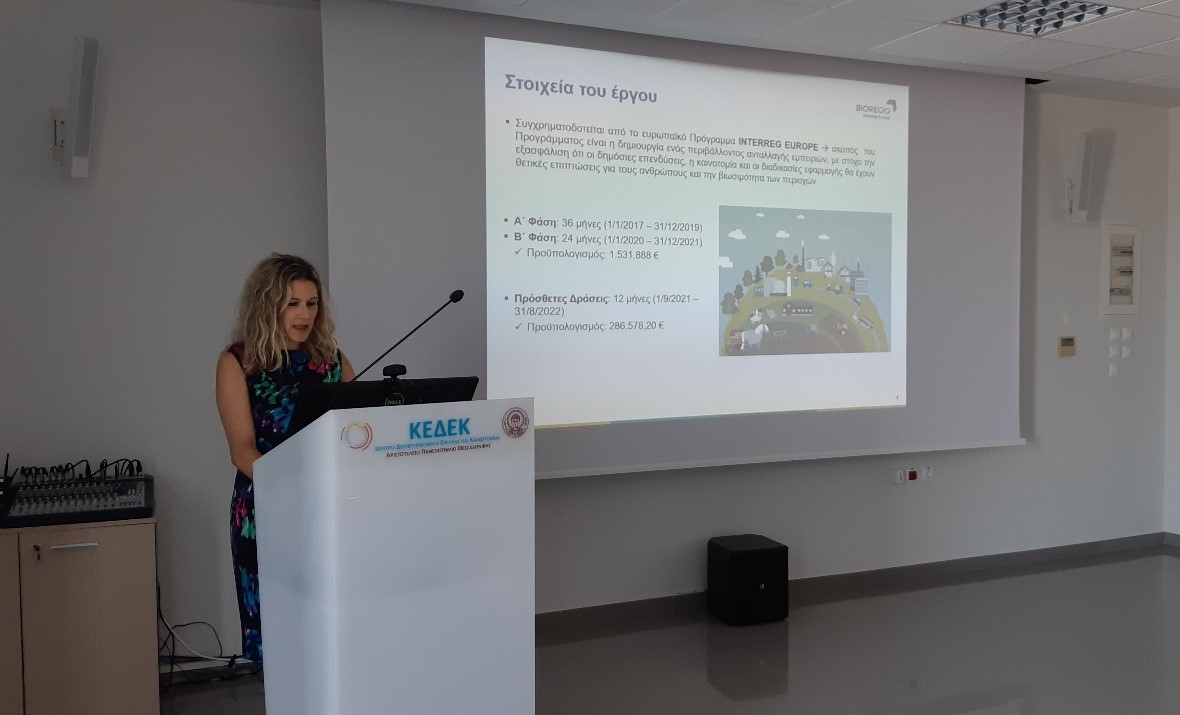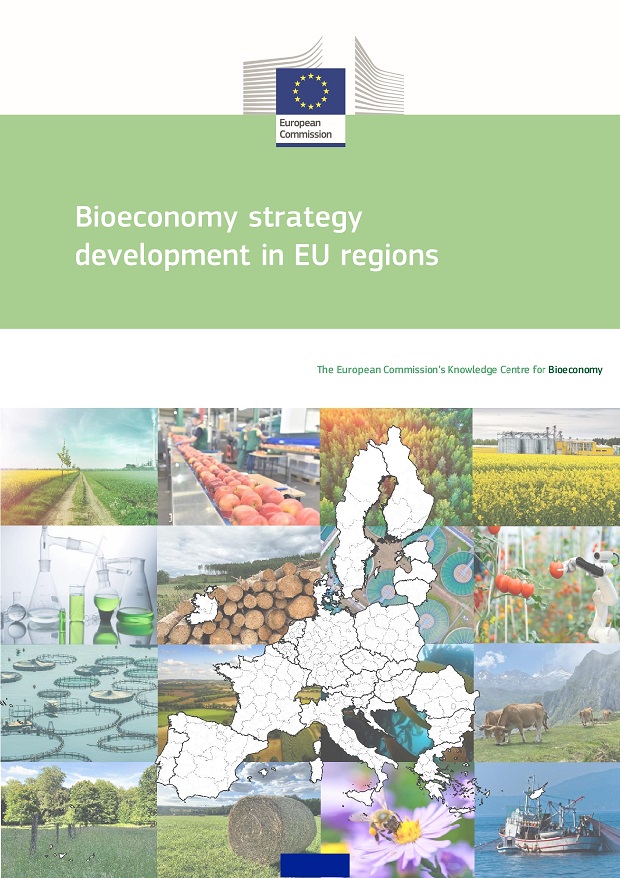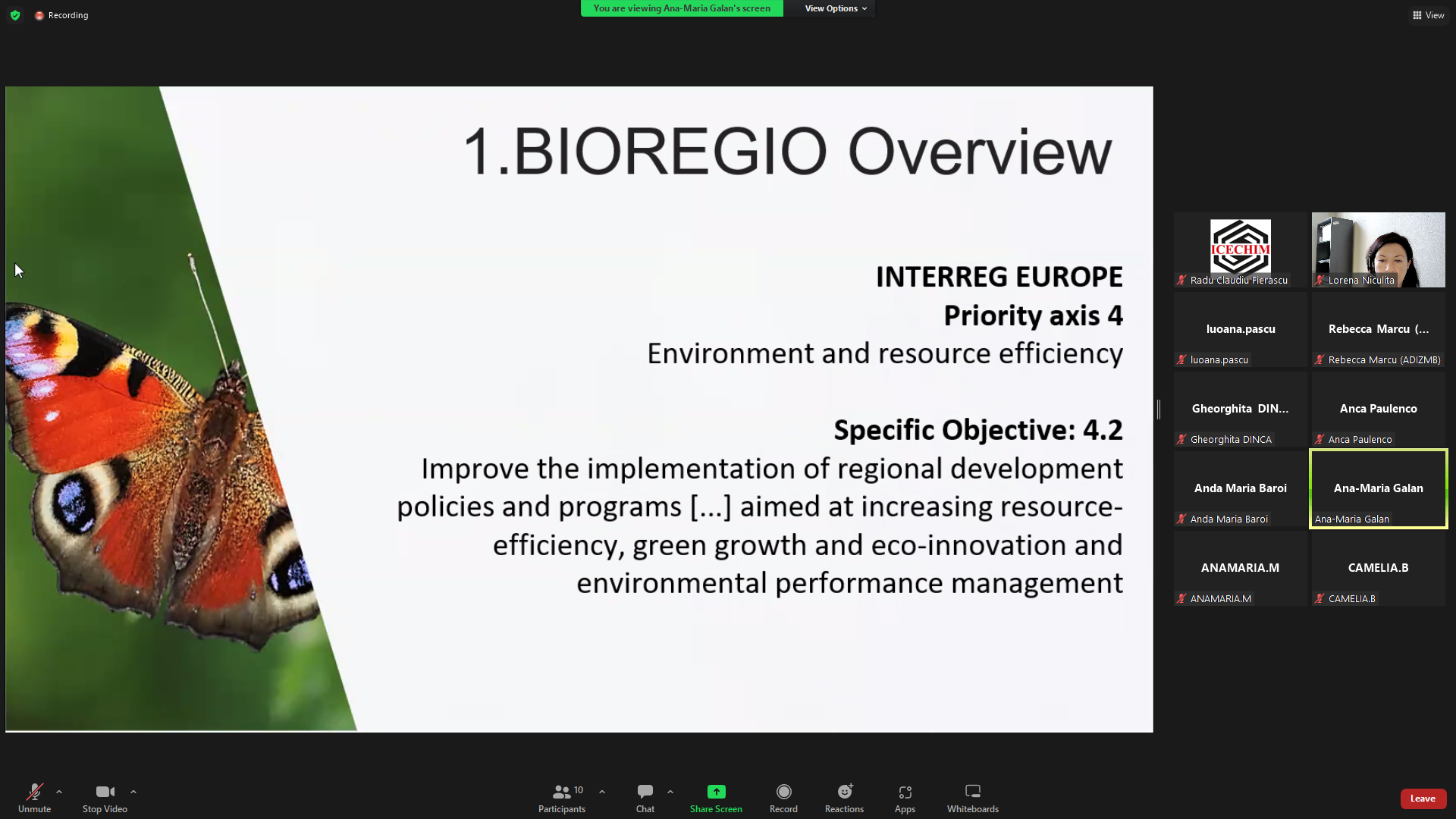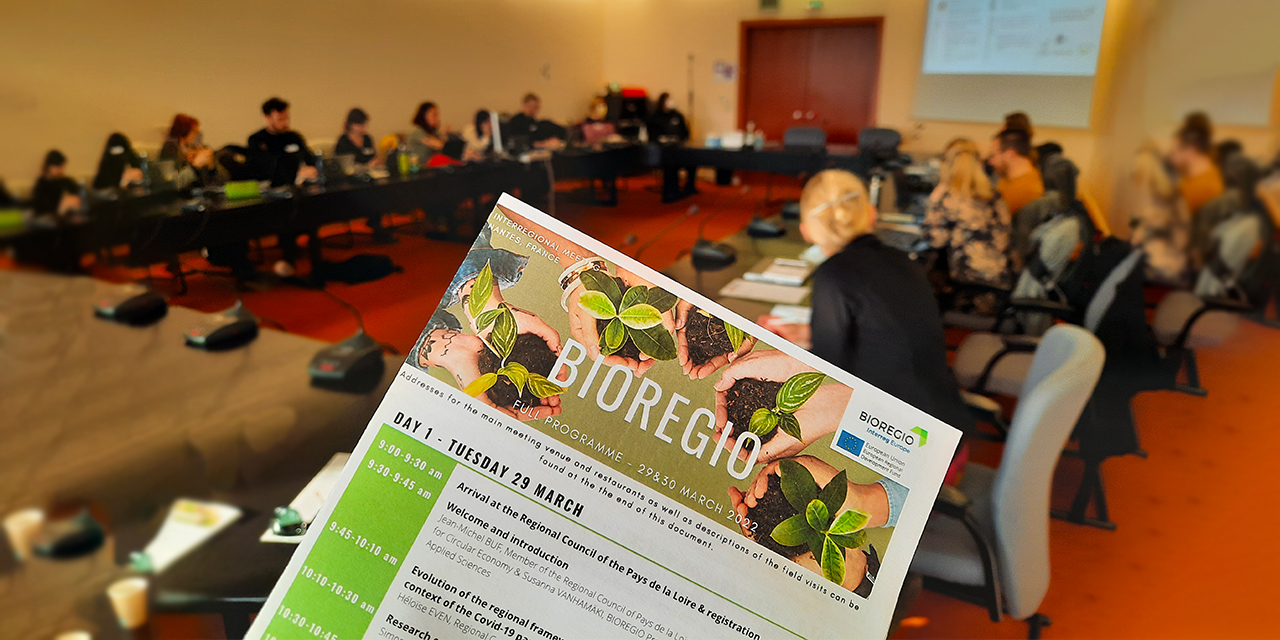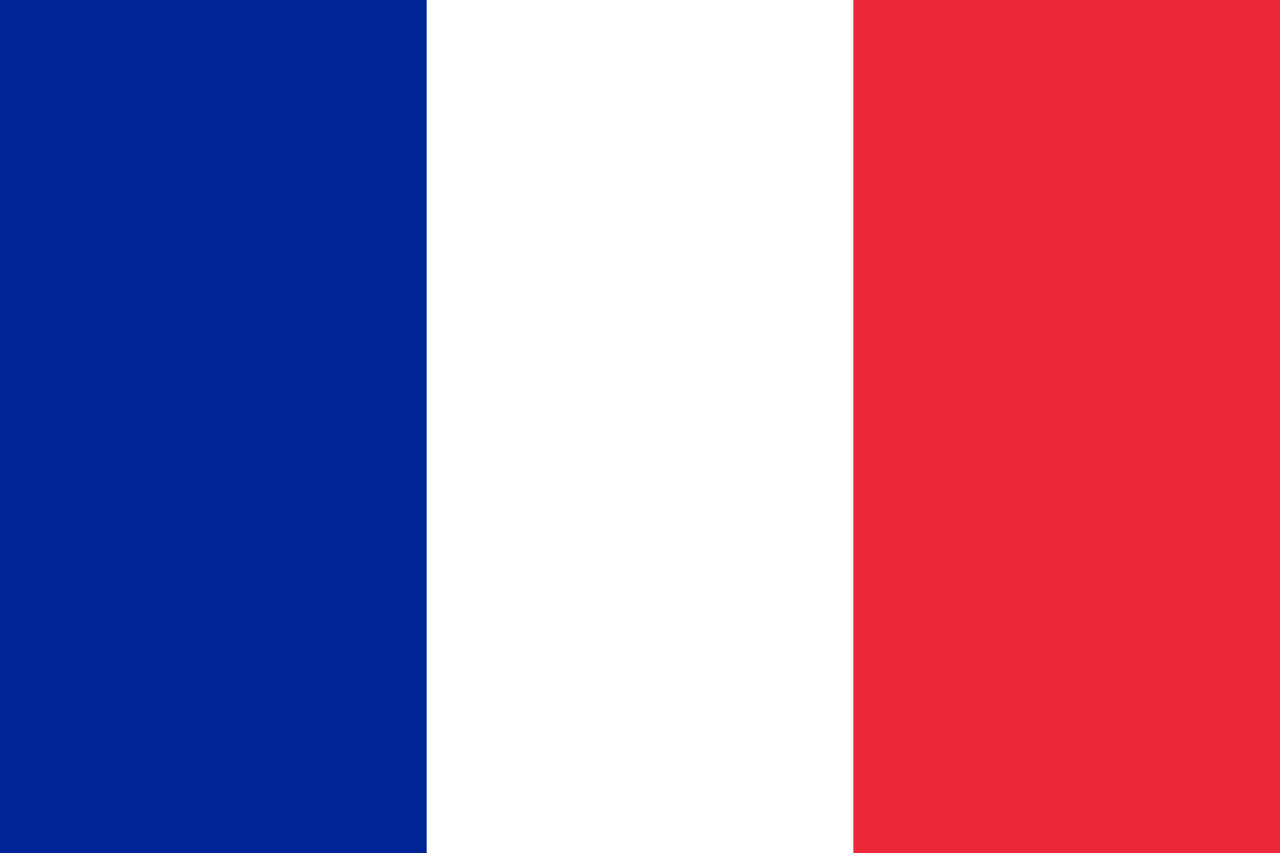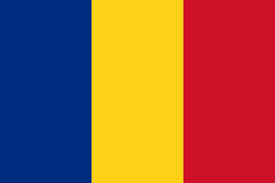Nitra Self-Governing Region, Slovakia
In cooperation with the Office of the Nitra Self-Governing Region, SUA continues with a successful implementation of the Action Plan towards Circular Bioeconomy of the Nitra Self-Governing Region (available in Slovak and English in the Library). Despite some very minor difficulties, all three actions are being implemented to some extent.

Within Action 1 - Promoting the dissemination and application of the principles of the circular economy the introduction of the environmental focus of the projects in LEADER NSK Programme as a new criterion is a step forward from the current state. In 2020, 42 environmentally oriented projects with total funding exceeding 117,000 EUR have been approved and now are helping with promoting circular bioeconomy principles across the Nitra region.
Although the project submitted by Nitra region to the Operational Programme Quality of Environment has been not approved within Action 2 - Elaboration of concept materials for use of bio-waste energy and support for the introduction of bio-waste technologies, Nitra region is currently preparing the amendment of a generally binding regulation which includes also a funding scheme for environmental activities in small villages up to 500 inhabitants, which represent a big share of villages in Nitra region. Supported activities will cover e.g. vegetation roofs, collection of rainwater, the establishment of public greenery, removal of illegal dumps, waste collection points, composting plants, bio-waste treatment technologies, etc.
Implementation of Action 3 - Implementation of measures and projects aimed at streamlining the management system with municipal waste, biodegradable municipal waste and bio-waste is getting visible through LEADER NSK Programme, where the number of CE and environmental projects is increasing. Small scaled projects focused e.g. on the support of community bio-waste composting, decreasing of an environmental burden by waste processing or educational activities on waste separation for children show the growing potential and demonstrate the validity of the new environmental criteria set out in the LEADER NSK Programme.
